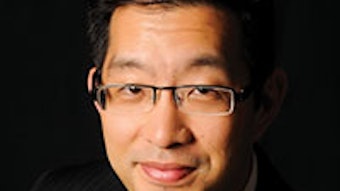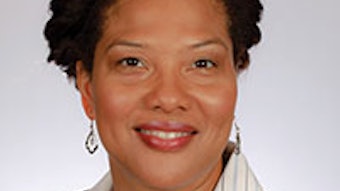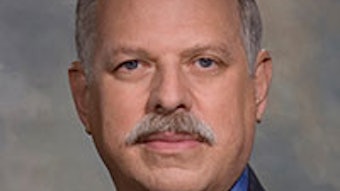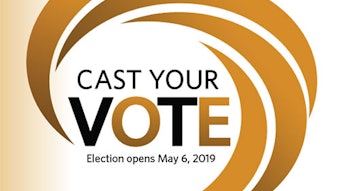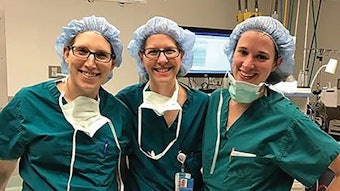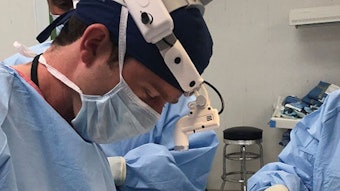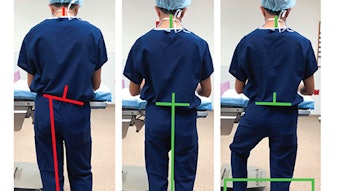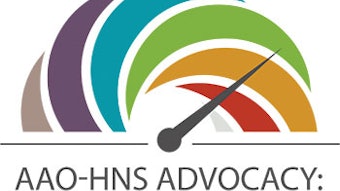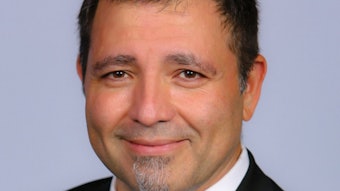Otolaryngologists can affect change by working together
Advocacy in the medical association world is a broad term that encompasses a wide range of activities across many fronts with the end goal of defining and delivering the best healthcare outcomes for our patients. Typically, areas that receive the highest attention and resources include federal and state legislation, regulatory agencies, and private payer issues.
Advocacy in the medical association world is a broad term that encompasses a wide range of activities across many fronts with the end goal of defining and delivering the best healthcare outcomes for our patients. Typically, areas that receive the highest attention and resources include federal and state legislation, regulatory agencies, and private payer issues. More recently, patient-centered areas, including underrepresented populations, have gained traction, as have “physician wellness” paradigms. All who regularly participate in the advocacy arena recognize that every one of these areas require ongoing diligence to fairly represent members and their patients in the rapidly changing system we live in. Success today does not guarantee success in the future in any of these areas.
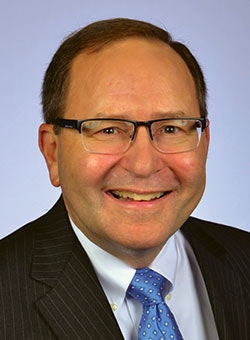 James C. Denneny III, MD
James C. Denneny III, MDAAO-HNS/F EVP/CEO
A perfect example of this is detailed by Robert K. Jackler, MD, in his article, “What every otolaryngologist should know about electronic cigarettes, especially JUUL.” The physician community was late to get into the game as the dangers of cigarette, cigar, and pipe smoking became apparent. Safety warnings related to these products were several decades behind the evidence. As the smoking population has decreased in the United States, many, including myself, relaxed and thought things were under control. We all enjoy being able to go into public places and not be subjected to a cloud of smoke. I am embarrassed to say that in my naïveté of the current situation regarding e-cigarettes, I was virtually unaware of the propagation of new products with ever-accelerating levels of nicotine in them. These products have been heavily marketed to adolescents who are highly susceptible to current marketing strategies and addiction itself.
The AAO-HNS has regularly participated in the promotion of strict regulation of tobacco products by the FDA, including, most recently, exotic cigars and e-cigarettes, and routinely signed on to letters of support for regulation and legislation in these areas. Despite participating in these efforts, I was unaware of the rapid expansion that these products have enjoyed. It is incumbent on the medical profession, including otolaryngology, to advocate for adequate regulation, studies of the clinical consequences of the products, and protections for the patients in these areas before Congress and the FDA. In the past, we have promoted and participated in the “Great American Smoke-out,” “Through with Chew” and other campaigns with public health benefit. We should be equally concerned about the e-cigarette issue and work with other organizations to “spread the word” of what is going on. We will be adding a feature on our new patient-centered website, ENThealth.org, under our “Be ENT Smart” section alerting the public to the dangers of this product.
We will continue to celebrate and promote public relation campaigns such as “World Voice Day” and “Better Speech and Hearing Month,” as well as promote HPV vaccination, pneumococcal vaccination, cytomegalovirus (CMV) testing in those with hearing loss, and vaccination against herpes zoster, but the e-cigarette issue warrants a more aggressive short- and medium-term strategy. I would like to thank Dr. Jackler for supplying this article in this issue highlighting the need for active engagement to combat this mushrooming problem.
When working together, otolaryngology as a specialty, even though small, can have significant influence in affecting policies and regulations contributing directly to our members’ ability to provide the best value-based care for their patients. Just in the last year, information received from our members has allowed the Academy to successfully promote concerns that were adversely affecting or had the potential to adversely affect the delivery of patient care. These included efforts with the American Academy of Otolaryngic Allergy (AAOA) to work with the United States Pharmacopeia (USP) and the Federal Drug Administration (FDA) to clarify sterilization requirements related to both allergy testing and immunotherapy; the timely, data-driven responses to the Medicare proposed rule involving the modifier 25, evaluation and management (E/M) collapse, and intellectual property related to specialty-specific reporting measures; conversations with the Joint Commission that resulted in their public pronunciation of policies affecting sterilization of office instruments and scopes as well as pediatric airway endoscopy equipment; and most recently, in our response to the American Board of Medical Specialties (ABMS) “Vision Initiative” draft recommendations that were influential in modifying several of the most concerning proposals as seen by our members. These recent successes confirm what we can do as a specialty when working together.

